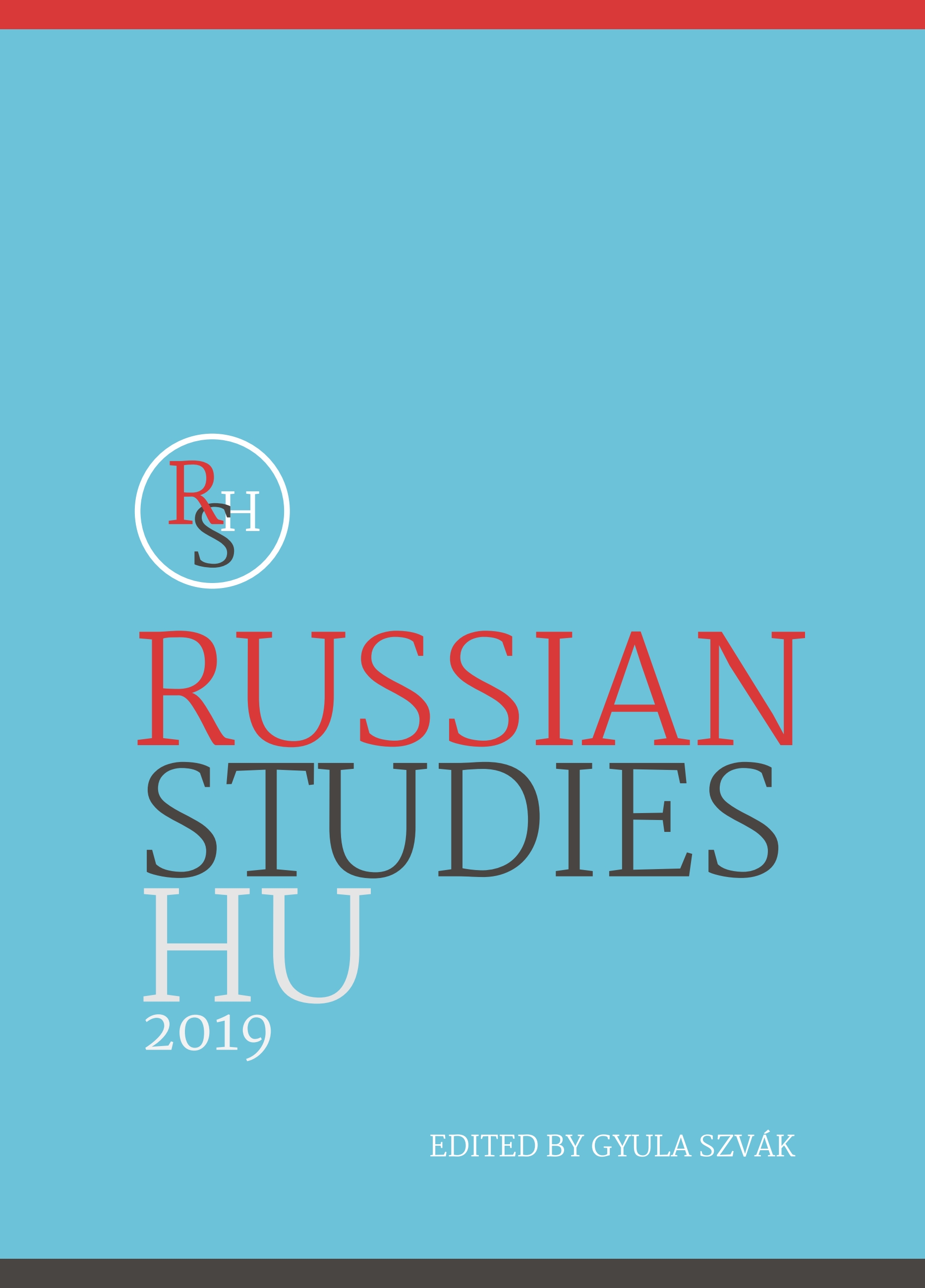Отношения между историографиeй и политикой памяти. Тезисы в зеркaле cпорoв об оценке советско-германского пакта о ненападении. Кто несет ответственность за войну?
The Connections between Historiography and Memory Politics: Debate about the Interpretations of the Soviet-German Non-Aggression Pact: Who was responsible for the war?
Author(s): Tamás KrauszSubject(s): Interwar Period (1920 - 1939)
Published by: RussianStudiesHu
Keywords: Russian historiography; memory politics; Second World War (WWII); Munich Treaty; Molotov-Ribbentrop Pact; 1939; Soviet Union; Nazi Germany
Summary/Abstract: This essay discusses the historiography and some aspects of memory politics (Erinnerungskultur) concerning the outbreak of World War II. In the European Union and the United States the dominant interpretation of history is that the outbreak of World War II was the consequence of the Soviet-German Treaty of Non-Aggression (Molotov–Ribbentrop Pact) concluded on 23 August 1939, by the leading circles of the two ‘totalitarian dictatorships’. Today in Eastern Europe some politicians and historians go even further and transfer major responsibility for the outbreak of the war to Stalin. The most important historiographical trend, however, also focuses on the antecedents of the Soviet-German Treaty of Non-Aggression. The followers of this approach simultaneously stress the responsibility of the other great powers whose leaders concluded a treaty with Hitler in September 1938 (the Munich Pact, which was the consequence of the policy of appeasement) and also leaders of certain small states, who made separate ‘deals’ and agreements with Hitler. For example, even prior to the outbreak of the war, the Polish establishment perceived the Soviet Union and not Germany as Poland’s major enemy. Unfortunately, there are always historians, who cannot resist the pressure of power elites, who – with ever increasing apparatuses and capital – appropriate and falsify history for the sake of (geo)political interests. The author of this article argues that the Soviet-German Treaty of Non-Aggression was signed by the Soviet Union as it did not want to bear alone all the burdens of a war with Nazi Germany.
Journal: RussianStudiesHu
- Issue Year: 2019
- Issue No: 1
- Page Range: 19-32
- Page Count: 14
- Language: Russian

